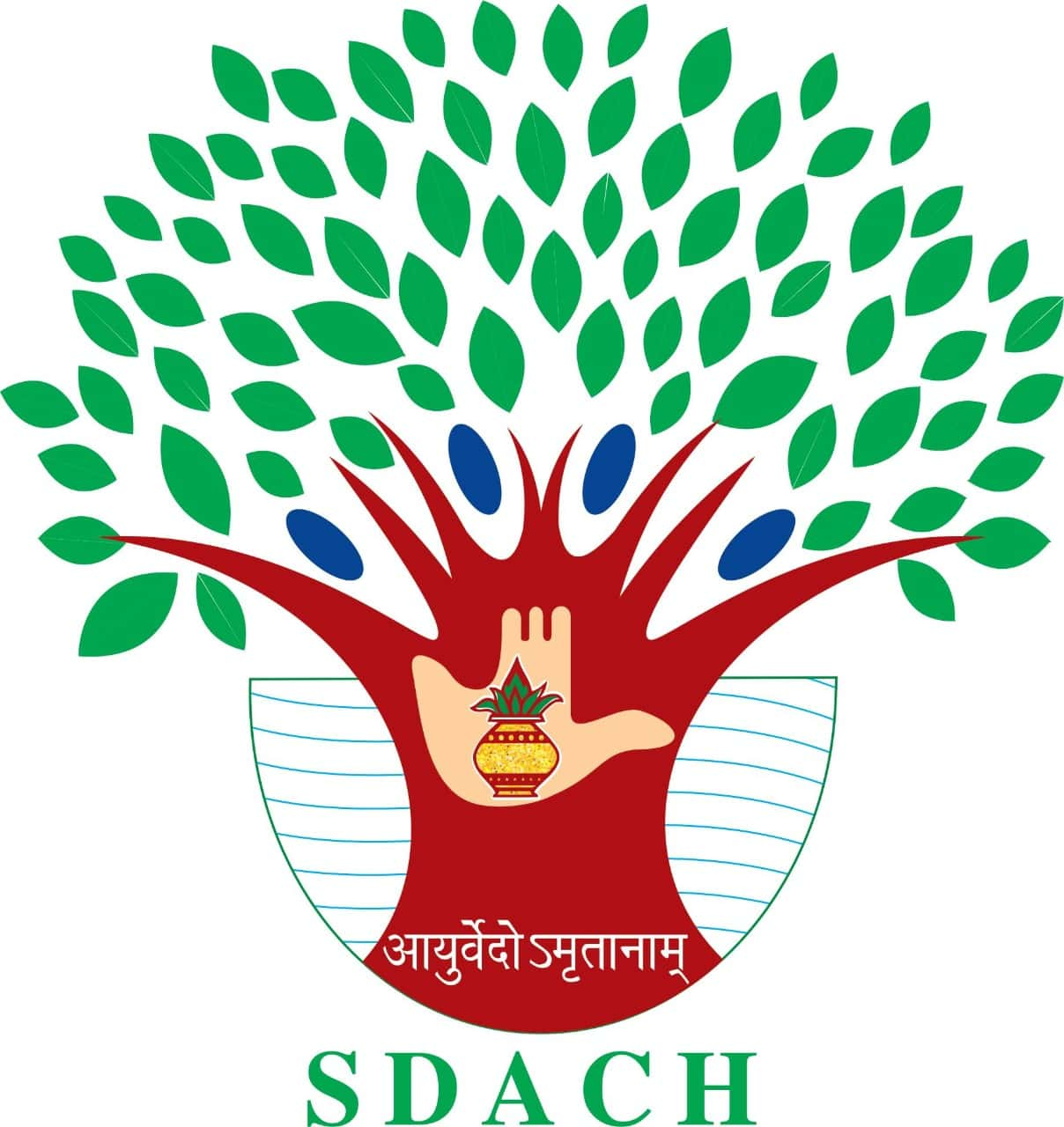Botanical Name-Curcuma zedoaria (Rosc.)
Family Name -Zingiberaceae
Identification No.: SDACH/HG/302
Vernacular Names
- Hindi: Kachur, Gandhmul
- English: Zedoary, White Turmeric
- Bengali: Kachur
- Tamil: Kichilikizhangu
- Telugu: Kachoram
- Kannada: Kachora
Classification (Classical Texts)
- Charak: Lekhaniya (scraping), Sangnasthapana (consciousness restoring)
- Sushruta: Pippalyadi, Mustadi
- Vagbhata: Katu skandha
- Bhav Prakash: Haritakyadi Varga
Habitat & Distribution
– Habitat: Grows in tropical regions with well-drained soil.
– Distribution: Native to India (Himalayas, Northeast), also found in Southeast Asia, China, and Sri Lanka.
Morphology
- Rhizome: Cylindrical, branched, pale yellow inside with a pungent aroma.
- Leaves: Large, lanceolate, with purple streaks.
- Flowers: Yellow with red bracts, blooms in spikes.
Varieties
– Two primary types: Shveta Karchur (white) and Krishna Karchur (black).
Substitute/Adulterant
– Substitute: Curcuma aromatica (wild turmeric).
– Adulterant: Starch mixed with other Curcuma species.
Phytochemicals
– Essential oils (cineole, camphor), curcuminoids, zederone, turmerone, starch.
Rasapanchaka
- Rasa: Katu (pungent), Tikta (bitter)
- Guna: Laghu (light), Ruksha (dry)
- Virya: Ushna (hot potency)
- Vipaka: Katu (pungent post-digestion)
- Prabhava: Deepana (appetizer), Krimighna (anti-parasitic)
- Dosha Shamakta: Kapha-Vatahara, Pittavardhaka in excess.
Karma (Rogaghnata)
– Digestive, anti-inflammatory, analgesic, antimicrobial, carminative, diuretic.
Amayika Prayoga/Therapeutic Uses
External:
– Paste applied for wounds, skin diseases, and joint pain.
– Oil used in arthritis and swelling.
Internal:
– Digestive disorders: Aids in bloating, indigestion (powder with honey).
– Respiratory issues: Decoction for cough and asthma.
– Gynecological: Regulates menstruation (with ashoka bark).
Part Used
- Rhizome (fresh or dried).
Dose
- Powder: 1–3 g
- Decoction: 50–100 ml
Yoga/Formulations
- Hingvastak Churna: For digestive issues.
- Kachoradi Tailam: For joint pain.
- Eladi Churna: For respiratory conditions.
IUCN Status
Not evaluated
Research Updates
1. *Anticancer Potential (2021):* Zederone in Karchur showed cytotoxic effects on cancer cells (Journal of Ethnopharmacology).
2. *Anti-inflammatory (2022):* Reduced COX-2 activity in arthritis models (Phytomedicine).
3. *Antimicrobial (2023):* Effective against H. pylori and fungal pathogens (Ayurveda Integrative Medicine).







